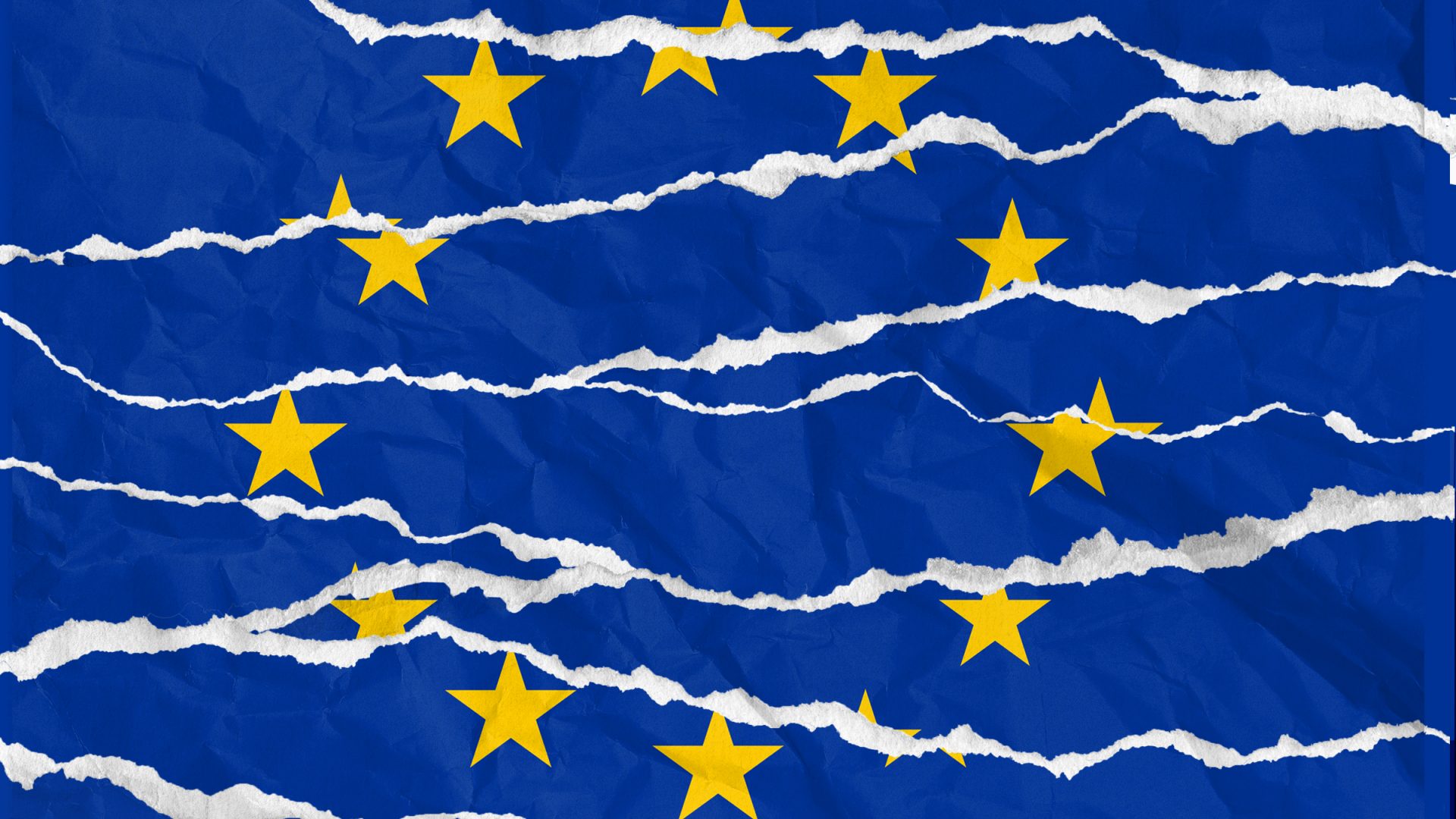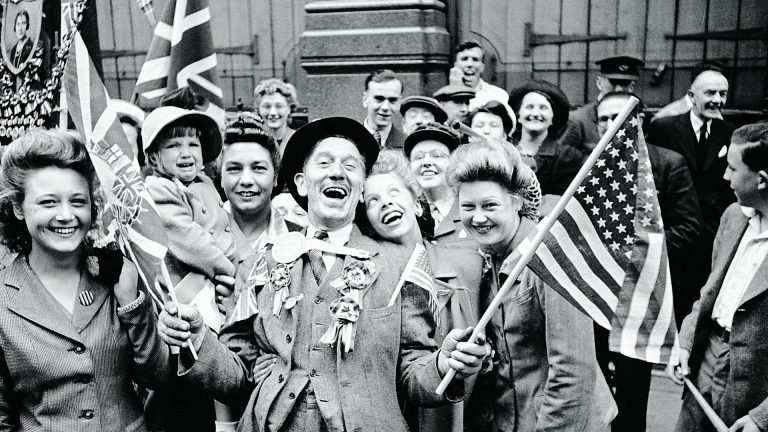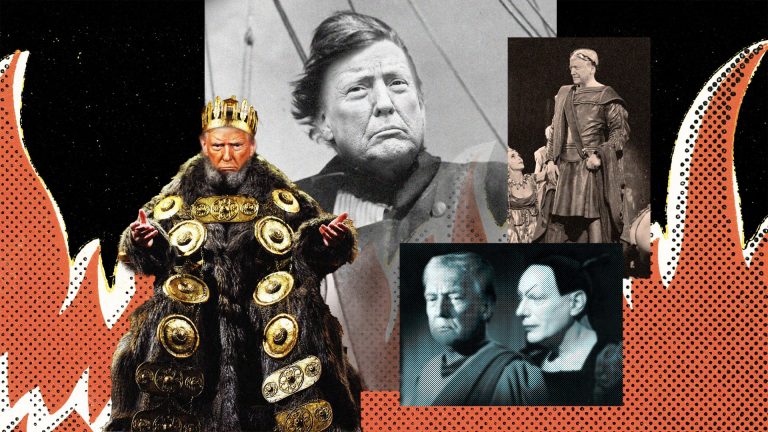The last leader of Britain’s Labour MEPs, Richard Corbett, retired from the service of the European parliament in October 2022. No, Corbett did not forget to leave in 2020. When Britain had no further use for his services, the parliament asked him to represent it in the negotiations on the future of the EU.
“Everything had to be negotiated, including the overall rules of procedure, which I drafted,” he tells me. This convinced European loved the work and felt he was continuing to make a contribution to an idea that he’d worked on for most of his career: that the European parliament needs to have real power if the European project is to be truly democratic.
“On 29 January 2020,” writes David Harley in The Forgotten Tribe, a new book on Britain’s MEPs, “as the tearful MEPs held hands and sang Auld Lang Syne, Richard Corbett personified the crushing disappointment felt by the majority of his colleagues in Brussels.” The singing of Auld Lang Syne was a successful manoeuvre to blunt the crude gloating of Nigel Farage’s raucously triumphant MEPs.
Corbett is Farage’s nightmare – a sophisticated European, partly brought up in Geneva, before going to Oxford to study PPE, where he was secretary of the Labour Club and chairman of Oxford for Europe. He coordinated the Oxford student “yes” campaign in the 1975 referendum, while the National Union of Students, then led by Charles Clarke, was campaigning for “no”.
He was a policy adviser to the Socialist Group in the European parliament, and worked with the Italian MEP Altiero Spinelli, who, during his 10 years in Mussolini’s prisons wrote For a Free and United Europe, which argued that another war was inevitable without a European parliament with real power. He was MEP for Merseyside West from 1996 to 1999 and for Yorkshire and the Humber from 1999 to 2009, and again from 2014 to 2020.
Corbett and his wife, Lorraine, will go on living largely in Brussels, the city he has made his home and where he can use his fluent French, German and Dutch, and where he calls himself “a Brexit refugee”. He also spends time in his constituency home in Shipley, Yorkshire.
At Labour conference, he bustled between receptions and fringe meetings making the case for Europe. He seemed not at all disheartened by the fact that the Labour leader, Sir Keir Starmer, has ruled out re-joining the EU, and looks forward to attending this year’s conference, by which time he hopes re-joining will have forced its way onto the agenda.
Britain, he points out, now has the biggest national section of the European Movement of any nation on the continent. “If public opinion continues to drift steadily towards thinking Brexit was a mistake, then at least we can repair some of the damage,” he says.
Bill Newton Dunn shares Corbett’s Euro-enthusiasm. He was Conservative MEP for Lincolnshire from 1979 to 1994, then for the East Midlands after 1999. He left the Conservative Party in 2000 because of its growing Euroscepticism, and sat as a Liberal Democrat MEP until 2014, when he lost his seat, before being re-elected in 2019. He was one of the MEPs who sang Auld Lang Syne with Corbett in 2020. He was the only MEP from the first European parliament in 1979 still holding a seat.
Like Corbett, he is an admirer of Spinelli and an advocate of a federal Europe. He credits the EU with bringing him into contact with people you could never find in British politics, like the Spanish socialist Miguel Martínez. “We wondered why he never wore a tie, then one day we found out. He was in Franco’s jails, and they hanged him by the neck – not to kill him, but to torture him. I got to work with people like that!”
His taste for politics is as strong as ever, and in May 2018 he was elected to the council in Richmond upon Thames, where he lives.
“I went on the council’s audit committee,” he tells me, and manages to make it sound like the most exciting prospect in the world. “The auditors came up with a lot of loose ends. I picked up on things the auditors were saying. I managed to make some savings and exposed some hush-ups.”
In the 2019 general election he threw himself into helping the Liberal Democrat candidate for Richmond Park, Sarah Olney, win the seat. Her victory, and the fact that on Richmond Council the Conservatives are down to one seat, gives him great pleasure.
His four-year term on Richmond Council finished this year, and at 80 he decided against seeking another term. He’s writing a memoir of his time in the European parliament, and no doubt drawing on the professional skills of his son Tom Newton Dunn, former political editor of the Sun and now a presenter on Talk TV.
He plans to spend more time with Tom, mostly at Arsenal matches, and with his daughter, Daisy, a BBC producer, and his four grandchildren. Political differences are sidelined: Tom was political editor on a Brexit-supporting paper, and in The Forgotten Tribe Tom describes his father, accurately, as “the arch-federalist, the ultimate anti-nationalist, and the devout believer in the United States of Europe.”
Some old Conservative colleagues shun him, but he was still invited to the annual dinner for former Conservative MEPs, which took place in November. Tom was the guest speaker, and Stanley Johnson was a fellow guest. “Stanley is very charming, but he’s not a heavyweight,” says Newton Dunn.
Johnson, a Conservative MEP from 1979 to 1984, discovered he was a Brexiteer even later than his son Boris. Having supported Remain in the 2016 referendum, he changed his mind the following year and then applied for French nationality, to which his mother’s birth entitled him. His daughter, Rachel, writes gnomically in The Forgotten Tribe:
“It would take a writer of the comic genius of Spike Milligan to document the true and real story of the Johnsons’ part in the rise and fall of the EU; it would take an analyst of the insight of Freud to ascertain whether Brexit was, at root, an Oedipal conflict that could only be resolved on a continental scale.”
Johnson has a website full of the things he can sell you: his many books, a stay in his house in Greece (“A Beautiful Villa in a Perfect Location”), plus links to his interviews about his famous son.
At the other end of the spectrum – generationally, politically and personally – is Clare Moody. After a career as a trade union official and in prime minister Gordon Brown’s policy unit, Moody was Labour MEP representing South West England from 2014 to 2019 and chair of the Labour Movement for Europe from 2017 to 2019.
After 2019 she worked briefly as a lobbyist for Chris Grayling MP before becoming CEO of the charity Equally Ours, a network of organisations that work for equal opportunities and social justice. Its members are charities, and it does policy work on matters like a Bill of Rights and the implications of the removal of EU legislation.
But politics is addictive, and in June last year she was shortlisted for the Labour nomination in the marginal Stroud constituency, losing to local GP Dr Simon Opher. Will she try again? She stresses that she likes the job she does now, but carefully avoids closing the door to any constituency that might be looking for a candidate.
Being an MEP was “a brilliant job, I loved doing it,” she says. “I thought after the 2016 referendum our colleagues in other European countries might start to freeze us out of legislative work, but they didn’t.”
She acknowledges the political reality that “we are not going to re-join in the next parliament,” but in the longer term, “I think it will become a question again. For a growth agenda, we have to fix our relationship with the EU. We have to rebuild the trust which the Conservative government has thrown away.”
Perhaps the most dedicated European of the lot is Brendan Donnelly, elected as Conservative MEP for Sussex South and Crawley in 1994. He left the Conservatives because of their growing Euroscepticism, and stood unsuccessfully for small pro-EU parties in 1999, 2009 and 2014.
He is director of the pro-EU Federal Trust, founded in 1945 by William Beveridge, author of the 1943 Beveridge Report, the blueprint for the welfare state. And he is one of the founders of Rejoin.EU, which says: “Brexit’s broken and it’s breaking Britain. There’s a simple way to get our freedoms back, cut our cost of living and restore our global political influence. We need to rejoin the EU.” In 2021, Donnelly stood for Rejoin.EU in the London Assembly elections and the Chesham and Amersham byelection. “I think it is perfectly possible that at the next election, the Conservative Party will be in such steep decline that everything will be possible,” he told me.
Rejoin.EU has not decided whether to field candidates in the next general election. They would not want to split the vote and let a Conservative in, but safe Labour seats might be an option.
He points out that Ukip was dismissed as unimportant, yet it was behind the most important political decision for years. “Ukip’s success can be replicated on the other side,” he says.
The Forgotten Tribe – British MEPs 1979-2020, edited by Dianne Hayter and David Harley, John Harper Publishing, £18.
Francis Beckett is an author, journalist, biographer, and contemporary historian. He has written biographies of Aneurin Bevan, Clement Attlee, Harold Macmillan, Gordon Brown and Tony Blair










